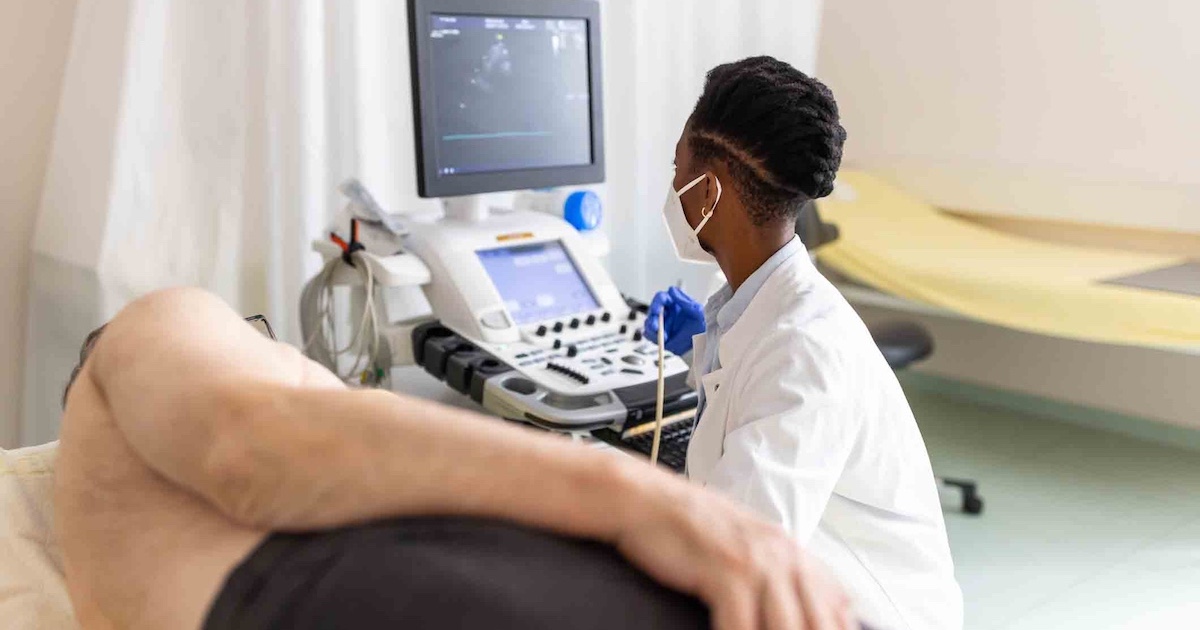With the third day of a three-day Congressional hearing on mobile healthcare winding down, the National Coordinator for Health IT predicted that interoperability would be the driving force behind healthcare change over the next two years.
Testifying Thursday before a subcommittee of the House Energy and Commerce Committee, Farzad Mostashari said health IT interoperability – and with it, the mHealth landscape – will take some dramatic leaps forward.
His comments came as Congressman Michael Burgess, MD (R-Texas), vice chairman of the House Subcommittee on Oversight and Investigation, questioned the sluggishness of interoperability.
“We do hear about this a lot,” Burgess said. “Even anecdotally, hospital systems in the same city that have the same operating system aren’t talking to each other.”
“You’re the head, why don’t you fix that?” he asked Mostashari. “Why don’t you just make that happen?”
“We are using every lever at our disposal to increase the sharing of information,” Mostashari answered, saying the ONC is seeking help from the industry in developing standards.
“We don’t want to be the ones to say, `We’ll choose the standards.’ We want to really work with industry to get consensus and to accelerate this,” he said.
“The 2014 certification criteria are a big step forward, and I believe that hospitals and doctors around the country will see a palpable difference once those certification criteria are in place,” Mostashari added.
Thursday’s hearing focused on the development of and innovation in healthcare technologies, particularly mobile medical apps, and how federal regulations may impact this growing industry. Joining Mostashari as a witness was Christy Foreman, director of the Office of Device Evaluation in the Center for Devices and Radiological Health at the Food and Drug Administration.
Over the course of the past three days, the GOP-led subcommittees questioned the FDA regarding potential taxes on healthcare apps. Foreman joined others who had testified in reassuring Congress that only apps that are used for medical diagnostics will fall under federal regulations.
On March 4, the House Subcommittee on Oversight and Investigation sent a letter to the FDA regarding the rapid growth of health apps in the market and the still-undetermined landscape of FDA regulation in this area. The FDA had issued draft guidance on mobile medical app regulation in 2011 and hasn't yet come out with the final regulations – a point that did not go unnoticed over the past three days.


